Kitfox Games was founded in 2013 by a group of four acquaintances. They had almost no shared history, varying levels of experience, different tastes in games, and—despite their hopes of being a PC-first studio—an obligation to their incubator investor to release a mobile game.
12 years later, Kitfox has released four of its own games, including hack-and-slash Moon Hunters and sword dating sim Boyfriend Dungeon. And along the way, it’s become one of the premier publishers of games for arch-sickos: Its catalog includes acclaimed story simulators like Six Ages, hyperdense procgen sandboxes like noir space-sim Ostranauts, MoMA-featured masterwork Dwarf Fortress, and Hugo Award-winning roguelike fever dream Caves of Qud.
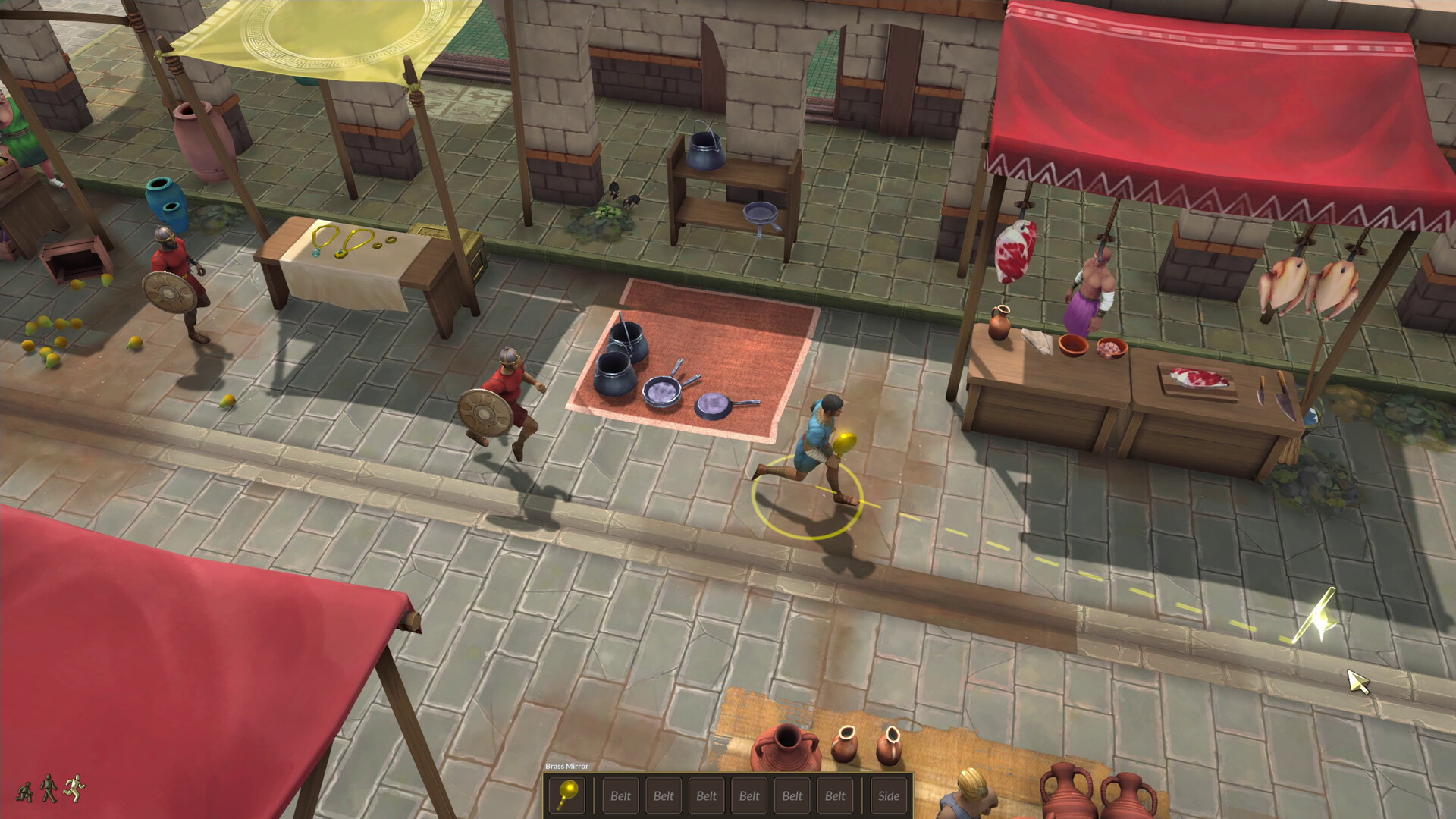
Kitfox founder, creative director, and head of publishing Tanya X. Short told PC Gamer that while its reputation for sprawling, arcane simulations has taken prominence in recent years, Kitfox remains a game developer at heart. Even while finding breakout publishing successes with Dwarf Fortress and Caves of Qud, Kitfox has been hard at work on Streets of Fortuna, its upcoming entry in the lineage of systems-dense sims.
“We’ve always been development first, and we still are,” Short said.
Like Ostranauts, Qud, and Dwarf Fortress before it, Streets of Fortuna is what Kitfox calls a “megasim.” It’s a simulation of a pseudo-Byzantine city in late antiquity, generating the layout of its streets, plazas, shops, and homes and the schedules, relationships, preferences, and personalities of its inhabitants—all so you can watch the chaos that might ripple across the cityscape if you decide to poison the stew in a popular tavern.
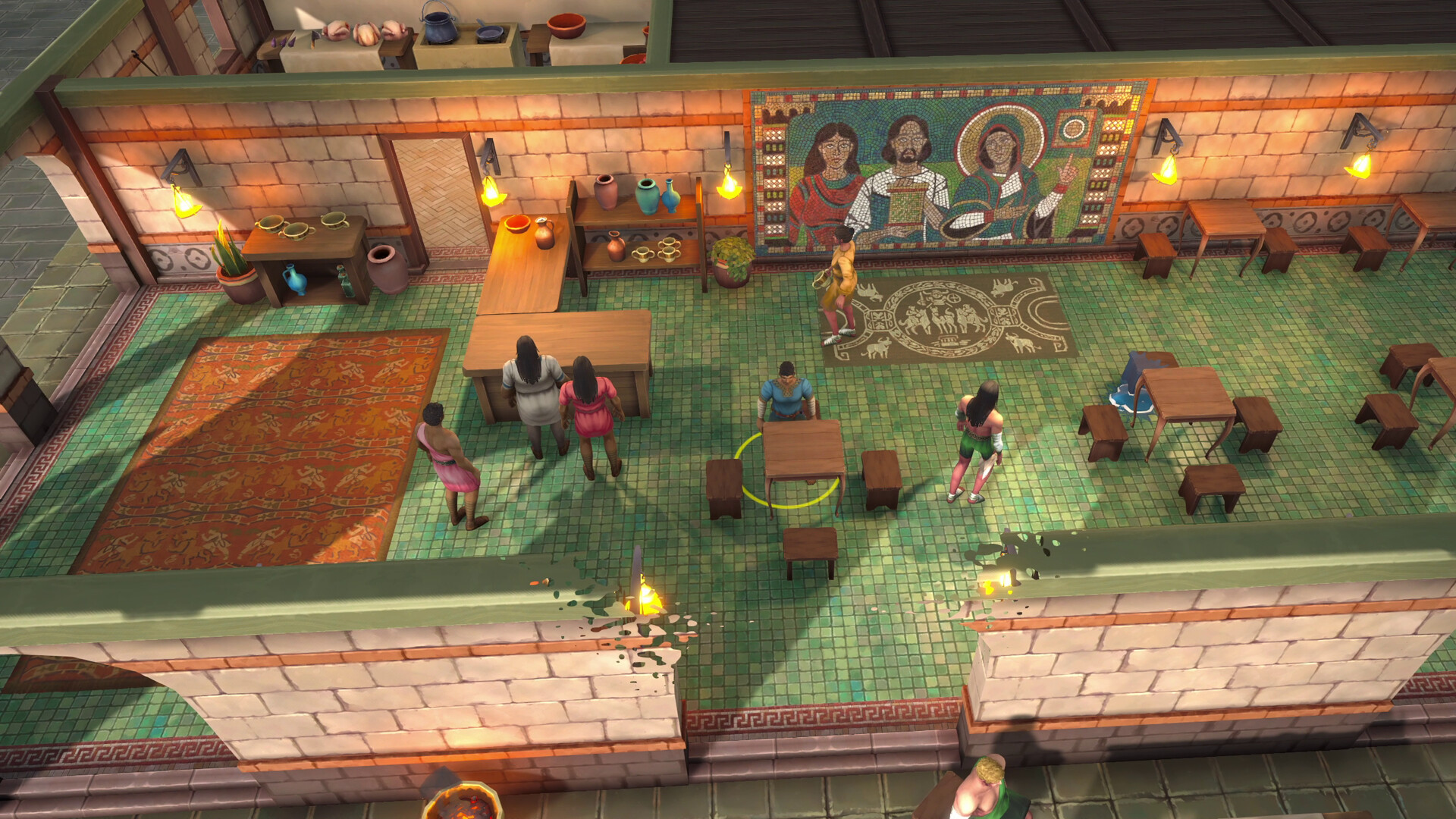
Designed in consultation with Dwarf Fortress co-creator Tarn Adams, Fortuna is pursuing the same kind of procedural and systems-driven artistry that animates the games across the Kitfox corpus—games that Short said might vary wildly in gameplay and aesthetic, but share an approach to storytelling that we’re underserved for elsewhere.
Short credits their appeal to an understanding that our lives our complex—that our daily behavior and decision making isn’t just a matter of agency and choosing which goals to pursue, but something influenced by a complex web of social and psychological factors and systems—”systems that are controlling, motivating, and rewarding humans, and they’re very, very complicated, whether you’re looking at politics or economy or art.”
“I think that these games are pointing to the fact that more and more people—especially the more you play games—see systems all around them in daily life,” Short said.
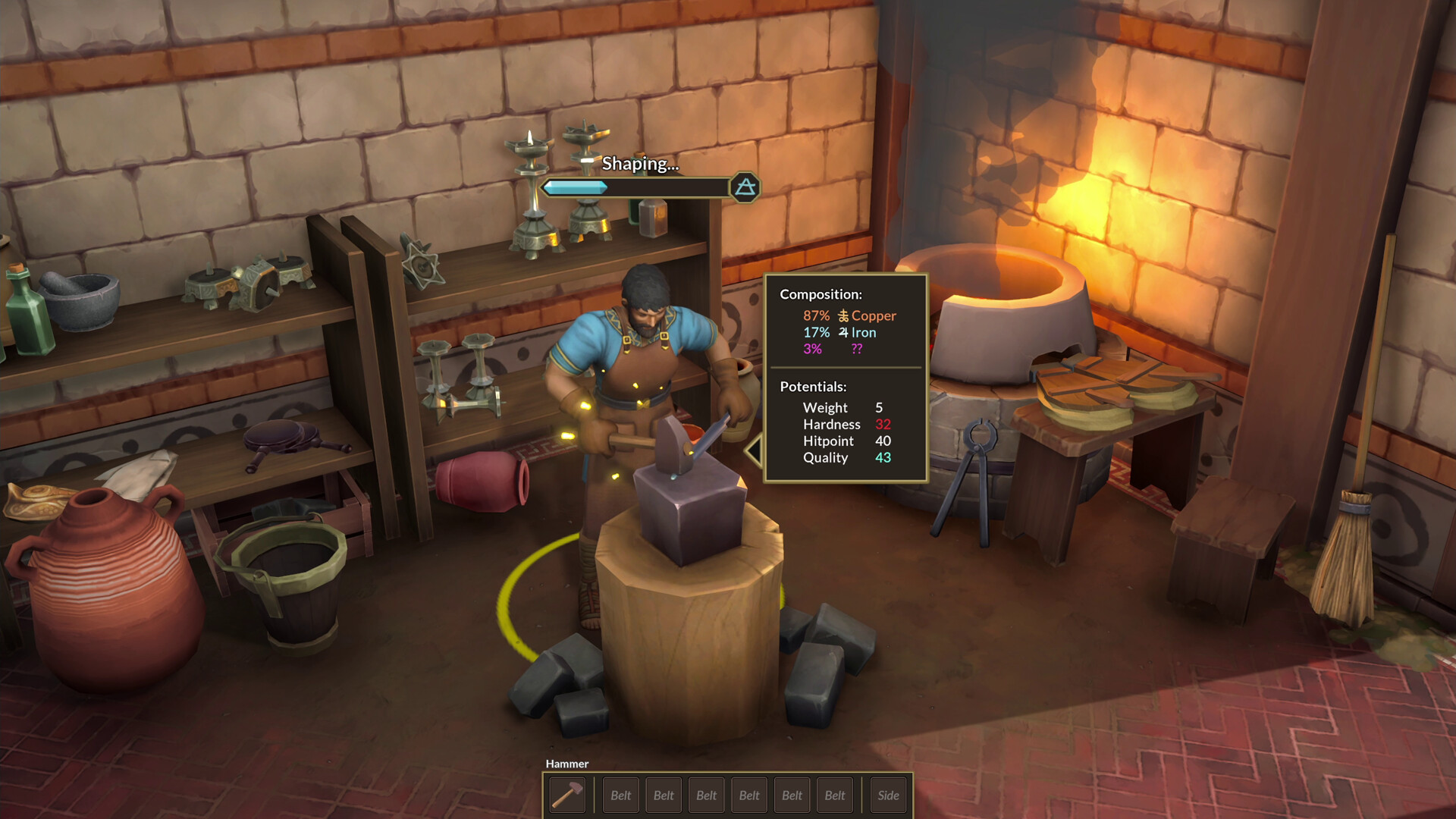
Meanwhile, she said, most games still have a narrow focus, interested in individual characters or isolated interactions. As a result, games that are instead interested in systems that “define what motivates a person, what draws them here or makes them go there, or go to sleep at night or have enough food to eat, all those questions that sound physical at first but actually are densely complicated with human decision making” can echo the complexities of our own lives in a way that feels rare.
In Dwarf Fortress, for example, dwarven behavior isn’t just a matter of satisfying hunger, thirst, and exhaustion levels. Systems simulate their individual preferences, relationships, and socialization needs. A dwarf who’s been dissatisfied with the limited selection of crops being grown by their fortress’s farmers might neglect their work. If their close friend died in a goblin siege, they might slip into a depressive episode. One might be thoroughly nonreligious; another might petition their mayor for the construction of a temple, and a refusal of that petition might be the last straw that drives them to topple a statue outside the meeting hall.
“This fascination with the fact that you can have something kaleidoscopic that still has a true nature, a logic underneath—I think that’s very appealing. And the more we try to understand what’s going on in the world around us—the more we don’t just withdraw into a hermitude of my family and I as a nuclear unit, the more we try to understand our society—I think the more these kinds of games speak to us,” Short said. “Because they have certain amounts of logic and uncertainty, but also increasing ability for you to be able to master what might happen and predict how your input into this extremely complicated machine might produce an interesting result. And I think that resonates more and more.”
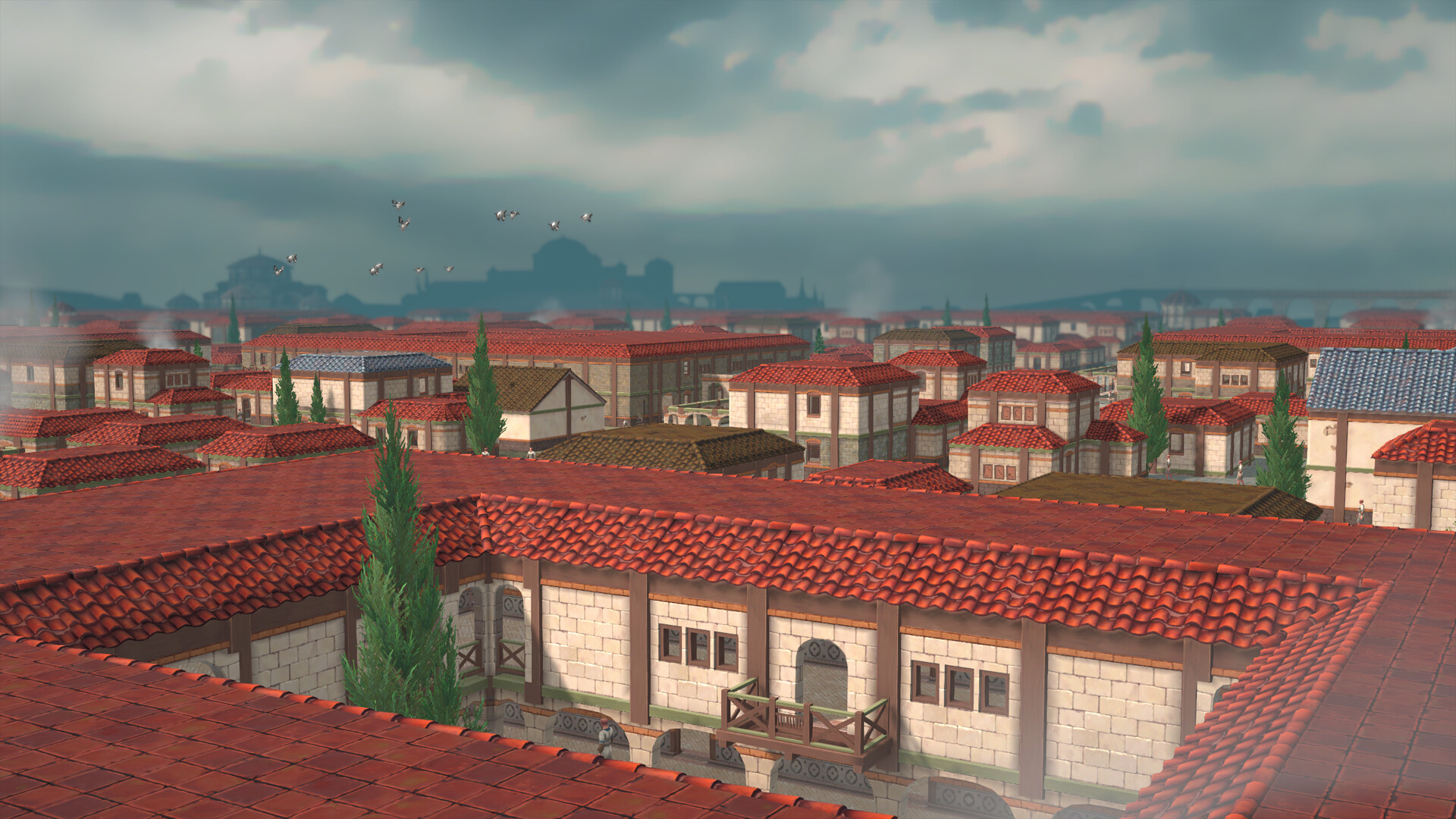
Kitfox community organizer Alexandra Orlando said that the interactions and outputs of those systems invite players to take on the role of storytellers themselves.
“These games force you to have to sit with what you’re seeing. Whether it’s because the graphics are lo-fi or Dwarf Fortress’ feed being very non-descriptive, it allows you to fill in those gaps in an interesting way,” Orlando said. “The heart and soul of it is sitting with your dwarves and figuring out how you see their personalities interact with each other and different situations. That’s where the player stories come from.”
Short, who despite the quote above claimed she’ll only “sometimes dip into philosophy,” referenced “the most extreme clickbait take” of popular philosopher Byung-Chul Han, who she said wrote “that novels were a mistake, because all storytelling was sort of ruined for the community when it turned into this artifact that can’t be edited and reshared.” The advent of the novel, Han argued, changed the notion of a story from being something that could actively be engaged with to something that’s passively received.
“In some ways, game narrative would be similar, right? You interact with it, but it stands alone,” Short said. “What Alexandra was saying, what Tarn says, is that these games are a tool to tell your story. You are finding out what the story is.”
In other words, unlike games with traditionally authored plots, the stories of system-driven games aren’t defined by predetermined beats and prerecorded lines. They’re the stories players decide to tell about the events they provoke, colored as they see fit by the generated details and emergent context the game provides.
“Your user story is the point of the game, and we want to hear from you about what you experience.” Short said. “I can’t help but wonder whether it’s a way of giving storytelling tools back to the people when games and passive media took them away.”
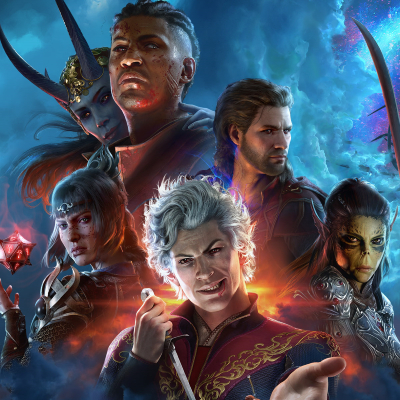
2025 games: This year’s upcoming releases
Best PC games: Our all-time favorites
Free PC games: Freebie fest
Best FPS games: Finest gunplay
Best RPGs: Grand adventures
Best co-op games: Better together

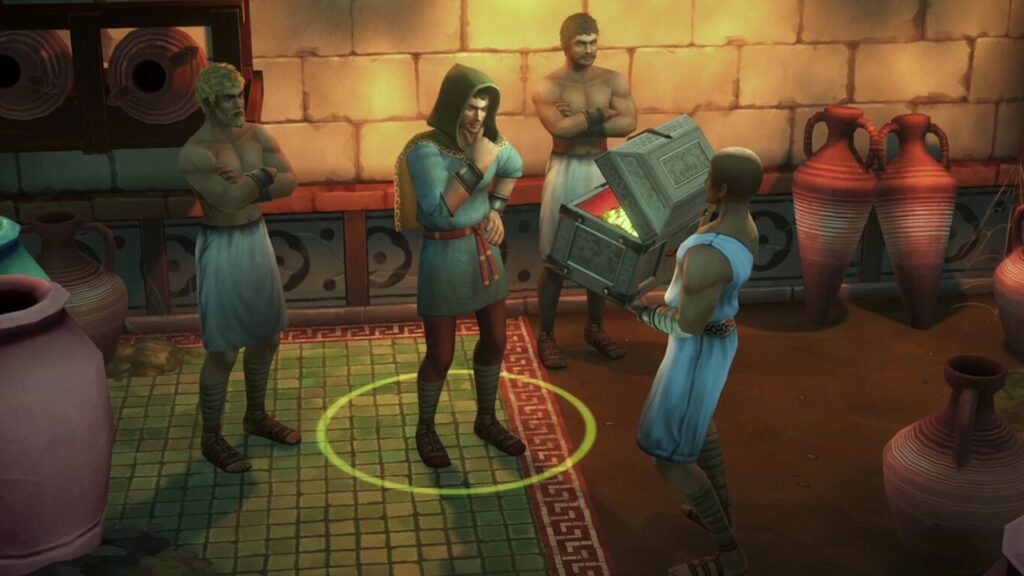
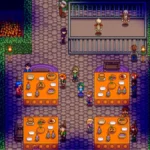

It’s great to see how Kitfox Games is redefining storytelling in gaming through procedural generation. Their approach really empowers players to create unique narratives, which is an exciting shift in the industry. Looking forward to seeing how this evolves!